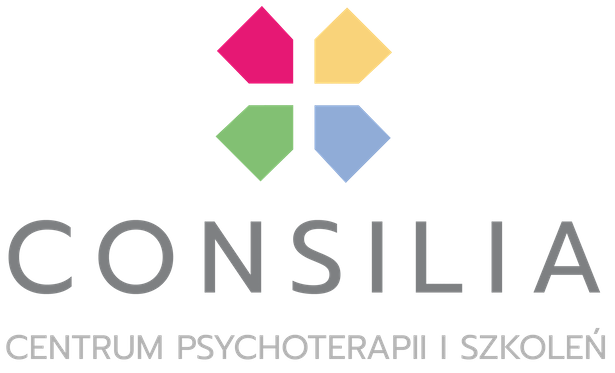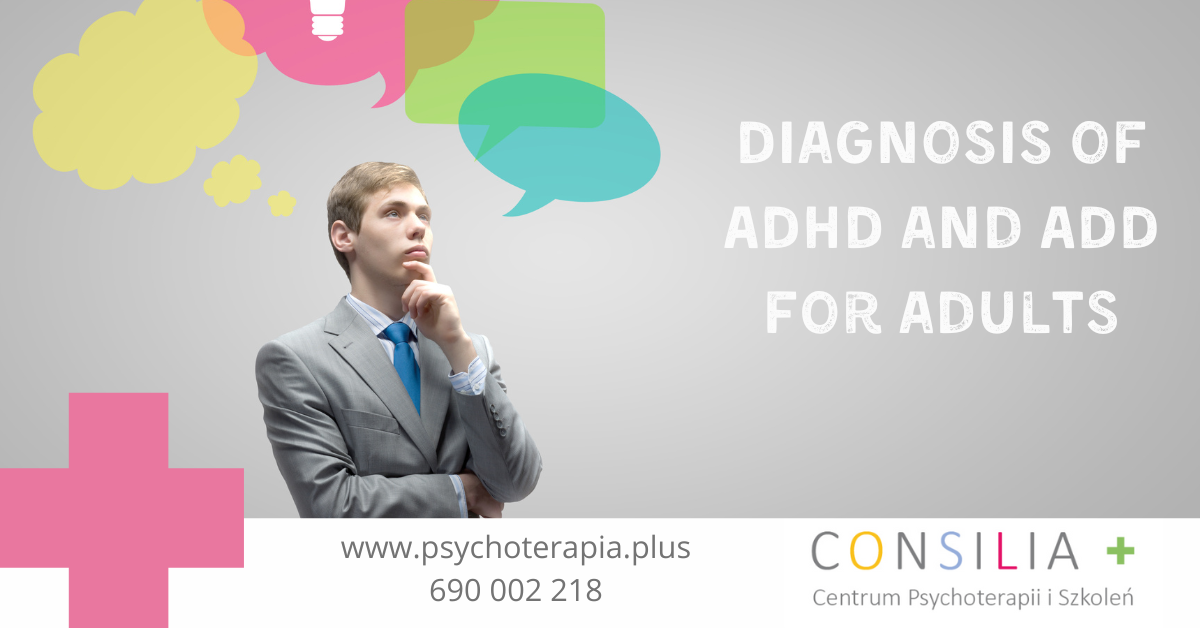What is ADHD and ADD?
ADHD is an abbreviation for attention deficit hyperactivity disorder, in the Polish classification meaning attention deficit hyperactivity disorder. In the ICD-10 classification, it is referred to as hyperkinetic disorder (F90). ADHD is a neurodevelopmental disorder, which means that during the development of the central nervous system, there were disorders in the formation of brain function.
According to ICD-10 Classification of Mental Disorders and Behavioral Disorders, ADHD always begins early in the course of development, usually during the first 5 years of the child. The main, characteristic symptoms of the disorder are considered to be:
- lack of perseverance in activities that require cognitive involvement
- the tendency to abandon one action in favor of another without ending any of them
- poor control, disorganization and excessive activity
The symptoms of ADHD can also be defined as problems with executive functions that are mainly centered around:
- attention deficits
- hyperactivity
- motor hyperactivity or impulsivity
A variation of ADHD is ADD (short for Attention Deficit Disorder) is a disorder of attention deficit. This problem is treated as a variation of ADHD, it is distinguished from this unit by the lack of motor hyperactivity or its appearance only in a slight intensity.
ADHD/ADD IN ADULTS
The symptoms of ADHD in adults are mainly focused on attention deficits, lack of perseverance in the implementation of tasks that require cognitive involvement. These people may have trouble completing tasks at work or household chores due to starting multiple activities at once and not finishing them or postponing various tasks. This can result in difficulties in staying at work or making important decisions.
Symptoms of ADHD/ADD in adults can affect their functioning in interpersonal relationships. Their relationships may be unstable, these people may have difficulty listening attentively to others, regulating their own emotions.
Visit plan and costs:
In our center, we conduct a comprehensive diagnosis for ADHD for adults, which is based on an interview with a psychiatrist and on the results of a test for the diagnosis of ADHD for adults, carried out by a psychologist.
- Visit to a psychiatrist (first 250 PLN)
- Visit to a psychologist to perform the test PLN 380 and issuing an opinion PLN 220 (PLN 600) (1h – 1.5h)
- A visit to a psychiatrist in order to make a final diagnosis based on a medical examination and the results of the DIVA evaluation, during which the doctor introduces appropriate treatment: pharmacotherapy and / or recommends further actions (individual psychotherapy, psychoeducational group for people with ADHD and ADD, sociotherapy, TUS) (PLN 200)
People with a diagnosis of ADHD and /or ADD are invited to participate in meetings of a therapeutic psychoeducational group.
Literature:
- McWilliams N., Lingiardi V.PDM – 2. Manual of psychodynamic diagnosis. Volume 2, Adolscence. Jagiellonian University Press, 2019.
- ICD – 10. Classification of mental disorders and behavioral disorders. Descriptions and diagnostic tips. University Medical Publishing House „Vesalius”, Institute of Psychiatry and Neurology. Krakow, Warsaw, 2000.

